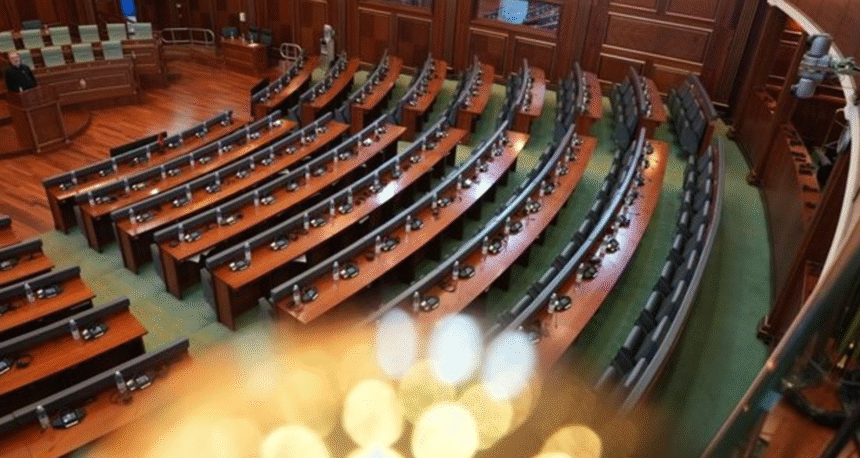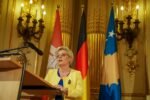Kosovo’s ongoing institutional blockade following early elections is now taking a significant toll on the country’s economy. Warnings about the consequences of failing to form new institutions have materialized into concrete figures: according to economic experts, Kosovo has either already lost or is at risk of losing over €1.2 billion due to the non-ratification of international agreements.
Safet Gërxhaliu, a well-known economic analyst, emphasized that the country is facing serious consequences as a result of this institutional vacuum.
He pointed out that around €830 million in funds from IPA II and III — tied to the EU’s reform agenda and projects funded by the United States — remain frozen.
In addition, three agreements with the World Bank, totaling €320 million, are currently on hold.
“A project that cost €100 million last year cannot be implemented for even €150 million this year. And when funds are not used on time, they are redirected elsewhere,” Gërxhaliu told Ekonomia Online.
The President of the Kosovo Chamber of Commerce, Lulzim Rafuna, echoed these concerns, highlighting that projects worth about €900 million for vital capital investments have been blocked.
“These projects have a direct impact on economic growth and the standard of living for citizens, but they cannot move forward without a functioning Assembly,” Rafuna stressed.
The current deadlock not only endangers existing investments but also risks damaging Kosovo’s international credibility as a reliable development partner. Economic experts are urging immediate political action to restore full institutional functionality and unblock critical processes.







